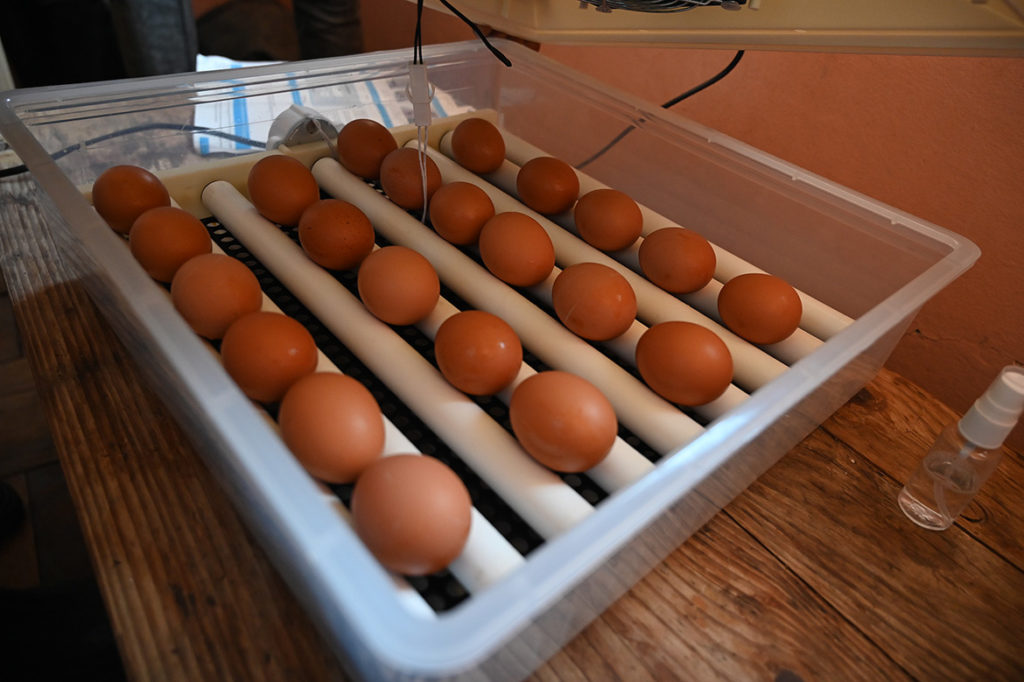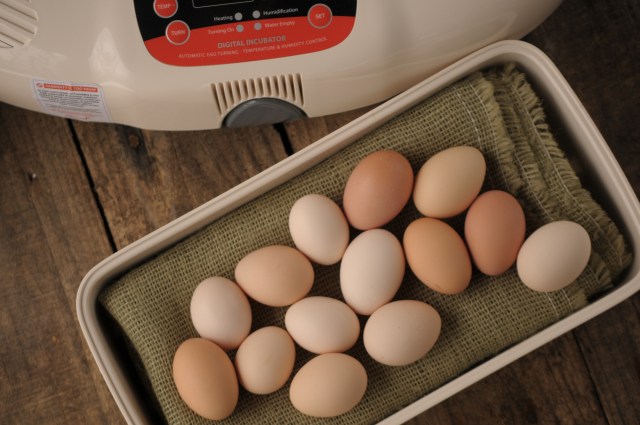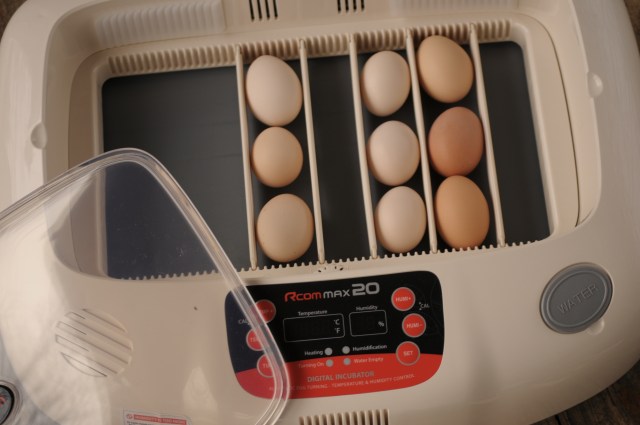For chicken enthusiasts and poultry farmers alike, understanding how to increase hatch rate in incubator is crucial. Maximizing hatch rates not only ensures a healthy flock but also boosts productivity. This article aims to guide you through the process of enhancing your hatch rates with practical tips and best practices.

Understanding the Basics of Incubation
Before delving into strategies, it is essential to grasp the fundamentals of incubation. An incubator mimics the natural conditions a hen provides, maintaining optimal temperature and humidity levels crucial for egg development. The goal is to recreate these conditions as closely as possible.
Choosing the Right Incubator
Not all incubators are created equal. Selecting an incubator with features that allow you to control temperature and humidity precisely is vital. Look for models with built-in thermometers and hygrometers to ensure accurate readings.
Temperature Settings
Temperature is one of the most critical factors. The ideal temperature for most poultry eggs is around 99.5F (37.5C). Consistency is key, as fluctuations can negatively impact embryo development.
Maintaining Humidity Levels
Humidity plays a pivotal role in egg incubation. Generally, a humidity level of around 50-55% during the first 18 days and increasing to 65-70% during the final days is recommended. This helps in the proper development and hatching of the chicks.
Preparing Eggs for Incubation
Proper egg selection and handling are crucial to increasing hatch rates. Choose clean, uncracked eggs for incubation. It’s also important to ensure eggs are not older than seven days for optimal results.
Egg Storage Conditions
Store eggs at a cool temperature of approximately 55F (13C) with around 75% humidity. Avoid storing them in direct sunlight or areas with fluctuating temperatures.
Egg Turning
Turning eggs multiple times a day is essential to prevent the embryo from sticking to the shell. This simulates the natural turning that a hen does.
Monitoring Incubation Conditions
Once the eggs are in the incubator, continuous monitoring is vital. Use reliable thermometers and hygrometers to track your incubator’s environment.
Calibrating Instruments
Regularly calibrate your instruments to ensure they provide accurate readings. This step is often overlooked but is crucial for maintaining optimal conditions.
Adjusting for Environmental Changes
If the external environment affects the incubator’s temperature or humidity, make necessary adjustments promptly. This ensures the internal conditions remain stable.
Dealing with Common Challenges
Despite best efforts, challenges can arise during incubation. Addressing these promptly can prevent a drop in hatch rates.
Handling Power Outages
Power outages can be detrimental to the incubation process. Having a backup power source or an alternative heat source can save your hatch.
Managing Egg Contamination
Contamination can occur through dirty eggs or equipment. Regular cleaning and using sanitized equipment can mitigate this risk.
Post-Incubation Care
Once the chicks hatch, proper care ensures their survival and health.
Creating a Suitable Brooder Environment
A brooder with the right heat, bedding, and space will support the new chicks development. Ensure the area is clean and safe from predators.
Feeding and Hydration
Provide the chicks with access to clean water and nutritious feed formulated for their specific needs to promote healthy growth.

FAQs
- What is the ideal temperature for incubating chicken eggs? The ideal temperature is approximately 99.5F (37.5C).
- How can I maintain proper humidity levels in my incubator? Use a hygrometer to monitor and adjust humidity between 50-55% for the first 18 days and increase to 65-70% during the last few days.
- What should I do if there’s a power outage during incubation? Having a backup power source or heat source is crucial to maintain the necessary conditions until power is restored.
For further guidance on using an incubator effectively, you can visit this detailed guide on incubators. Additionally, learn more about caring for your chickens by checking out how to clean a chicken coop naturally and herbs for preventing molting stress.
This article contains affiliate links. We may earn a commission at no extra cost to you.











